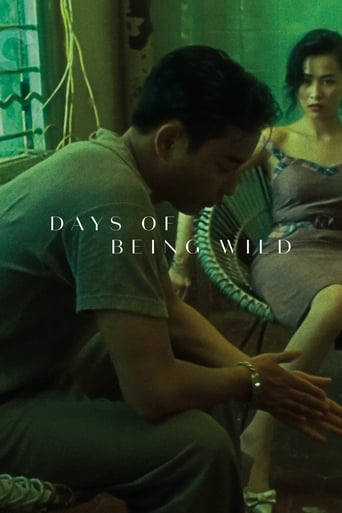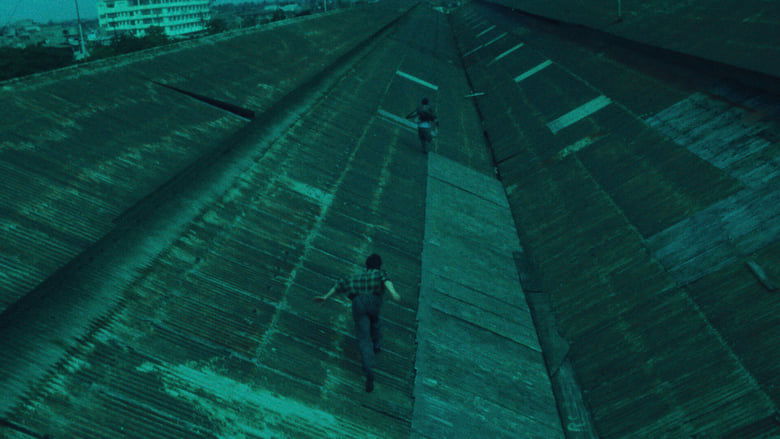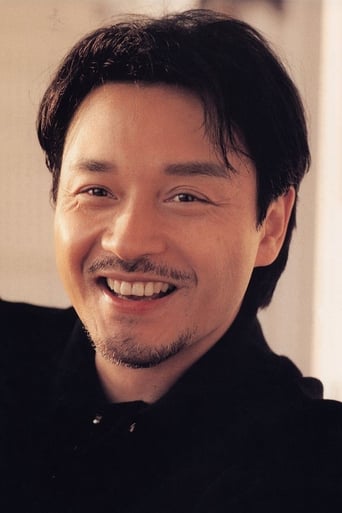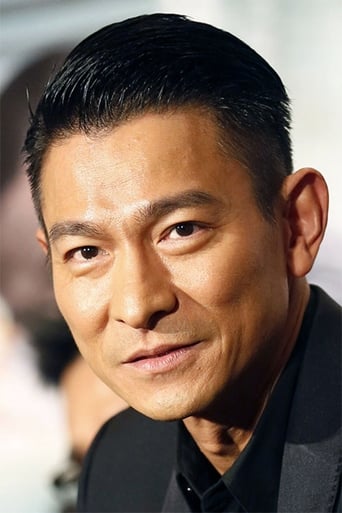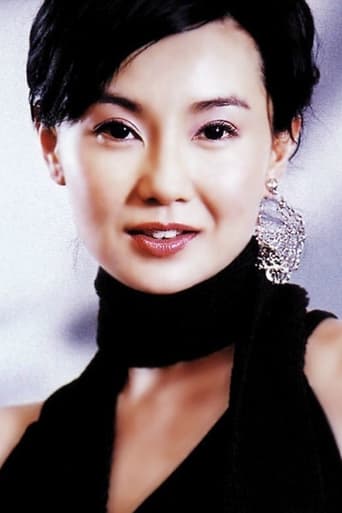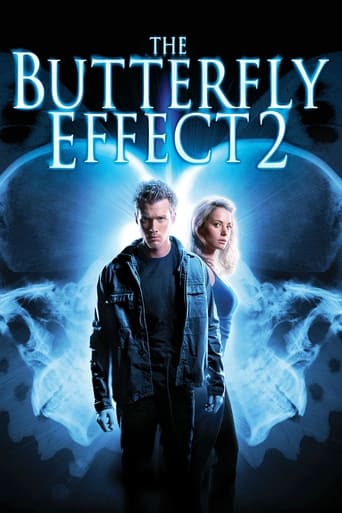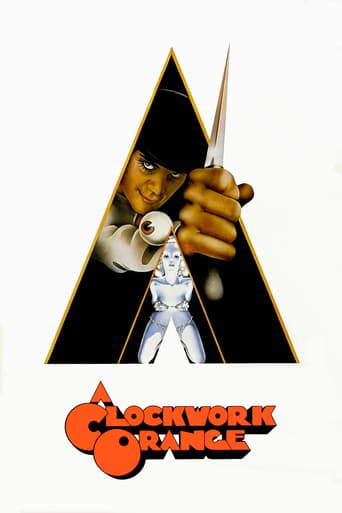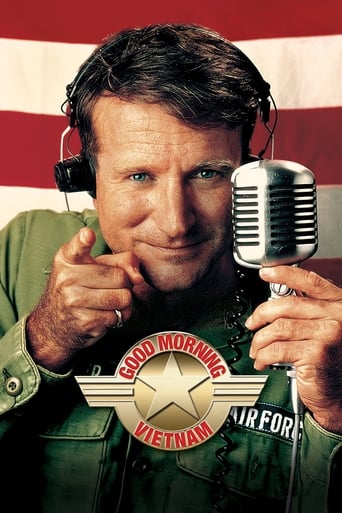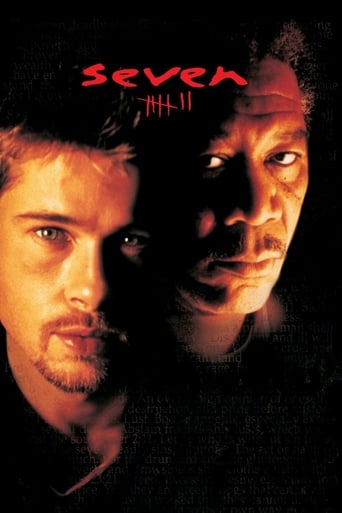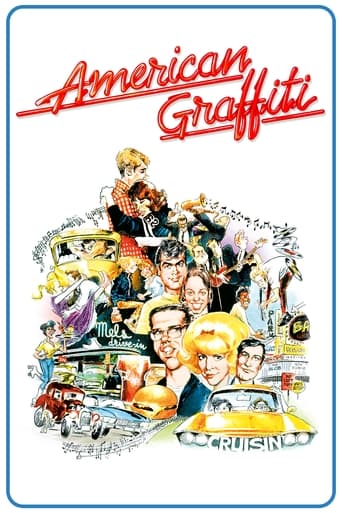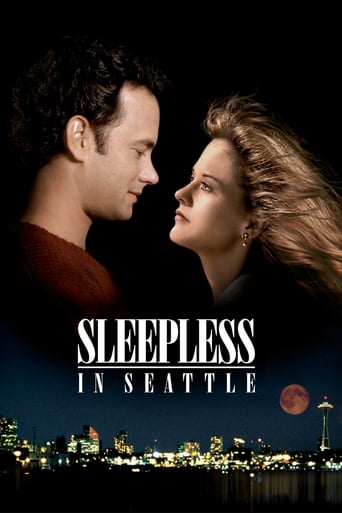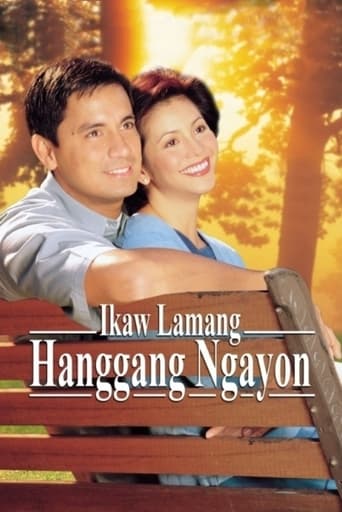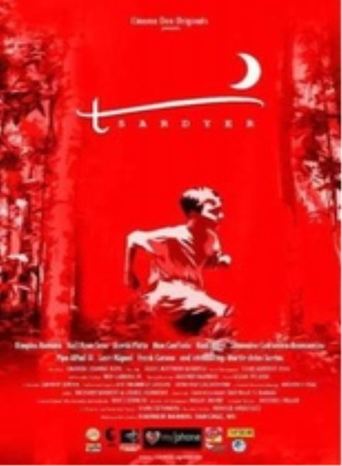Days of Being Wild (1990)
Yuddy, a Hong Kong playboy known for breaking girls' hearts, tries to find solace and the truth after discovering the woman who raised him isn't his mother.
Watch Trailer
Free Trial Channels
Cast


Similar titles
Reviews
Good , But It Is Overrated By Some
I saw this movie before reading any reviews, and I thought it was very funny. I was very surprised to see the overwhelmingly negative reviews this film received from critics.
The movie runs out of plot and jokes well before the end of a two-hour running time, long for a light comedy.
A film of deceptively outspoken contemporary relevance, this is cinema at its most alert, alarming and alive.
Sophomore feature of Hong Kong taste-maker Wong Kar-wai, DAYS OF BEING WILD is part of the furniture on any list that elects best Chinese films, but in retrospect, it was somewhat of a damp squib upon its release in terms of its box-office pull, especially when taking account of its stellar cast (6 mega-stars in toto), fortunately, its reappraisal has never lost its momentum ever since.Bestowed with searing good looks, Leslie Cheung indubitably holds court as Yuddy, the titular "ah fei", which means "hooligan", a skirt-chaser who callously shirks any responsibility or commitment, and peculiarly, Leslie tempers Yuddy's wantonness with a pinprick of vulnerability that is so amazingly vicarious and betrays what a beautifully damaged goods he is, and Wong's trademark ambient construction of its blue-hued, mise-en-scène (poky space, lustful undertow, ambiguous closeups, plus aesthetic compositions by the yard, marked by his first collaboration with Christopher Doyle) and exotic music numbers impeccably tallies with Leslie's decadent and destructive charisma, to great lengths that one can hardly distinguish whether he is acting or not. Yuddy's victims include a mousy stadium ticket clerk Su Lizhen (Maggie Cheung, exuding an unyielding quality of passiveness and self-involvement that shows up her acting chops), and later a vivacious cabaret dancer Mimi (a no-holds-barred Carina Lau, achingly taking the short end of the stick as a crass, cast-off lover), these two girls are diametrical in their makeups, yet, in the eyes of Yuddy, they barely differ, his misogynistic perspective has its own provenance, raised by Rebecca (Pan), an erstwhile fille-de-joie who perversely keeps a lid on the identity of Yuddy's biological mother, Yuddy revels in their toxic love/hate relationship, which exacerbates through their bilingual (Shanghainese and Cantonese) barbs-exchange, Pan remarkably holds her own with moxie and pathos in this quintessential object lesson of the hand that rocks the cradle. When Yuddy is off screen, the plot meanders into less appealing subplots pairing a distraught Mimi with Zeb (Jacky Cheung), Yuddy's buddy, who carries a torch for her; and a distressed Lizhen with a peripatetic policeman Tide (Andy Lau), who will later become a sailor and comes across Yuddy during the third act in Philippines, as a witness when the latter's fate is sealed by his reckless action. Wong and co-screenwriter Jeffrey Lau lard the narrative with incisive wheezes to decipher Yuddy's existential philosophy, from his one-minute friend pick-up line to the allegory of the feet-less, paradise bird, poetically encapsulates Wong's story-light, mood-heavy winning allure. Lastly, Tony Leung Chiu-wai's famous cameo as the new "ah fei" near the coda seems out of nowhere today, but as a matter of fact, it strongly tantalizes what its botched sequel would be if it would be green-lit, and Tony would become Wong's most eminent leading man ever since. In a sense, it inadvertently adds a strange layer of mystique which drastically boosts Wong's nascent career, and presages his future auteurist ascension, as we would know by now, the best is yet to come.
Set in 1960, the film centers on the young, boyishly handsome Yuddy, who learns from the drunken ex-prostitute who raised him that she is not his real mother. Hoping to hold onto him, she refuses to divulge the name of his real birth mother.Almost entirely ignored on its original release, the film has gathered strong critical interest over time, and has a Metacritic score of 96%. Critics praise the film for its beauty and eroticism, though some do not discern a narrative arc that brings the pieces together.The lack of a strong narrative sort of had me less than interested, or at least as much as I could have been. Maybe i was in the wrong mindset. I loved the color palette, and it is nice to gt more out of Hong Kong than martial arts and action films... but this just was not for me.
This movie has high ratings in IMDb and other rating sites, so I wanted to see what it's about.It's about a playboy and how he seduced and abandoned his women, and the argument between him and his step mother. They argue because his step mother won't tell him who his real mother was, but he wants to find his real mother.The characters are obnoxious or pathetic. There's no one to sympathize with. At the end of the movie, a new character is introduced with no relevance to the rest of the movie. Editing error? Perhaps the high rating is because of the famous Hong Kong actors. I feel like I'm looking at an abstract painting. Other people are dazzled by it, but I don't see anything.
This is the fourth Wong Kar-Wai film I've seen, but it might as well have been the first... which is to say that it's pretty much the same thing as the other three Wong Kar-Wai films I've seen, so it's like watching them again. This is not actually a bad thing, it's more of a style thing, like how Ozu's films are largely the same concepts, themes, imagery, characters, etc., repeatedly. Wong Kar-Wai remakes himself a lot, I've noticed.In this film, the idea is the tango, as opposed to the other musical structures of his other films. A womanizer in 60s Hong Kong obsessively destroys two women until he must leave, at which point he meets an ex-cop/first woman's confidant who actually seems to understand him a bit better than the women ever did, being as it were that all the women can do is try to get over him. The man is led, in theory, by his anxiety over his true mother and his need to control women based off of his lack of control over them: his true mother abandoned him, his adoptive mother entraps him, and he can't get over his frustration of either.The thing about Wong Kar-Wai's films I don't understand, though, is that though all of them have unique plots, great imagery, and good performance (the things that typically add up to "a good film"), for some reason I always get the sense that the overall value of anything in them is the same. Christopher Doyle's cinematography and Kar-Wai's directing loves blocking, framing, reframing, framing within frames, and especially vibrant color, but the overall effect is remarkably undramatic. His stoic characters and their bubbling aggression are sometimes pretty apathetic despite their emotion. He follows characters, and then leaves them, and then sometimes brings them back, and sometimes doesn't, and sometimes the story is done before the movie ends, and sometimes the movie ends before the story is done, and overall I notice that the effect is pretty much the same. The ultimate effect is a glossed over, smooth surface, which is pretty to look at but honestly not very tactile to touch.Basically, this is a good movie. It's just not very interesting. Which is exactly what can be said of everything of Kar-Wai's I've seen. The more of his work I watch, the less I understand its popularity.--PolarisDiB

